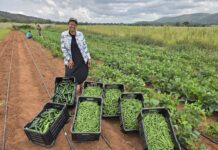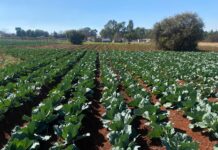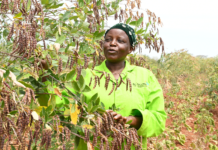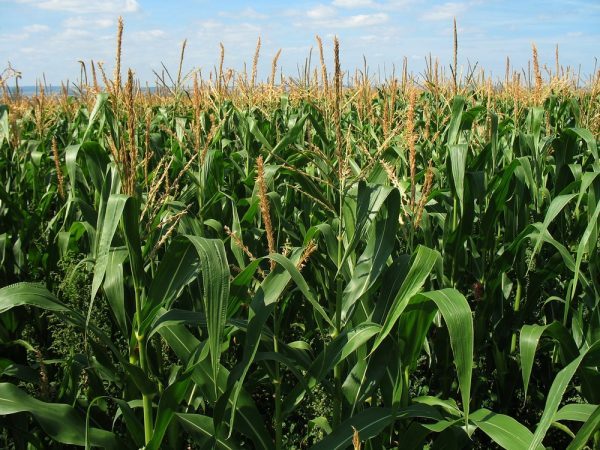
Over 10,000 youth from Busia County in Western Kenya are set to benefit from a project launched by Practical Action, a UK-based organisation in partnership with the County government to train the youth in using modern technology in farming, a move that is aimed at boosting production by 60 per cent by 2025.
The five-year project dubbed Resilience Agriculture for Youth (RAY), targets youth from four sub-counties (Nambale, Matayos, Butula, and Teso South)who are set to benefit from skills upgrades for value chain addition, including poultry, African leafy vegetables, edible oils, and dairy farming.
According to Brian Etemesi Sande, Practical Action’s Project Coordinator for Resilience Agriculture, despite rural youth carrying the promise of being custodians of food security in the future, only 25 per cent of youths in Busia are actively involved in agriculture, with a larger percentage opting to move to towns in search of white-collar jobs.
“Kenya has witnessed remarkable economic growth and holds great promise for the future. However, amidst this progress, there is a vital aspect that remains untapped: the immense potential of agriculture to generate employment for millions of youths hustling in towns,” said Etemesi while addressing the press in Busia after a field visit.
Enhancing food and agriculture systems
The organization prioritizes the enhancement of food and agriculture systems, with a focus on promoting gender equity among youths, facilitating market access, fostering agricultural research and innovation, advancing aquaculture, and bolstering agricultural resilience.
The initiative for resilient agriculture aligns with the recent establishment of an Export Processing Zone (EPZ) in Nasewa, sparking a revival of cotton and edible oil farming in the county.
Based on a 2018 study by the International Labour Organisation (ILO), the agriculture sector in Kenya possesses the potential to provide employment for over 30 percent of Kenyans, given favorable conditions that support agricultural activities.
“We’ve already empowered more than 400 youths in Busia, providing training in poultry production. We’re now gearing up for a second phase targeting those interested in venturing into edible oil production,” he further explained.
Saving the environment
The organization aims to foster an appealing environment that encourages youths to perceive agriculture as a means of empowerment, notwithstanding challenges arising from global warming, high farm input prices, and disruptive cartels in the sector.
“Youths are gradually embracing agriculture through a ‘mentor-mentee’ approach that equips them with modern agricultural technologies,” highlighted Etemesi.
Emmanuel Kerir, the project’s Monitoring and Evaluation (M&E) coordinator, echoed similar sentiments, emphasizing the need for a shift from traditional subsistence-based agriculture to a more technologically advanced and innovative agricultural approach to entice youths into the sector.
“Our goal is to oversee initiatives that can serve as a model for the entire rural economy. Rural areas harbor immense potential that must be harnessed,” stated Kerir.







